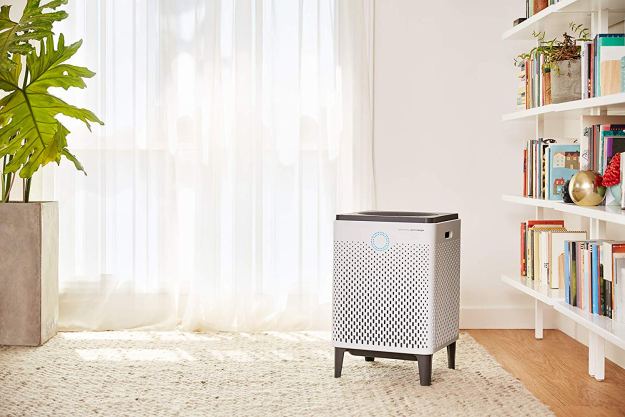
A consortium of major media companies have issued a set of fifteen principles they hope will define an industry standard for handling online uses of copyrighted video and other media. Under the tagline "Encourage creativity. Respect Intellectual Property. Thwart Copyright Infringement," the principles ostensible outline a system whereby more content will be made available to consumers through "legitimate" channels, enabling the development of user-generated content while protecting copyright owners’ intellectual property. The principles also call for copyrighted content to be identified and filtered out of online video sites, leading many industry watchers to argue the principles would restrict fair use rights of consumers and the public.
The media companies backing the User Generated Content Principles include Viacom (and its subsidiary CBS), Disney, Fox (and its subsidiary MySpace), Veoh Networks, Microsoft, DailyMotion, and NBC Universal. Notably absent from the consortium is Google, owner of the most popular online video-sharing site, YouTube.
The principles call for state-of-the-art filtering technology to prevent copyright-infringing material from being uploaded to user-generated content sites and video sharing services, and mandates that the filtering technology be applied to pre-existing content and regularly upgraded to keep up with the user community. The principles also calls for services to remove links to sites that are "clearly dedicated" to distributing infringing content, and promote "infringement-free" services. The principles also call for procedure to promptly address claims that content has been erroneously blocked, and calls for cooperating that "balances legitimate interests," including fair use.
"These principles offer a road map for unlocking the enormous potential of online video and user-generated content," said Disney CEO Bob Iger, in a statement. "Cooperation among us, aided by emerging technologies, can clear the way for further growth in the availability of online video in ways that will be good for consumers, good for copyright owners and good for uploading services."
Content rights-holders would be the primarily beneficiaries of the principles, although they would also be required to provide reference content for the development of filtering technology. However, the principles have also come under fire from industry watchers and consumer advocates, who argue the provisions go far beyond the mandates of the little-loved Digital Millennium Copyright Act (DMCA), in part because they place the burden of copyright enforcement with user-generated content sites rather than the rights’ holders, but also because content filtering technology is notoriously incapable of distinguishing between copyright infringement and legitimate fair use. The principles also do little to ameliorate the problem of erroneous take-down requests from rights holders: for instance Viacom has repeatedly demanded sites remove content which was clearly in the realm of fair use, or (in some cases) demanded sites remove content Viacom didn’t even own.
Earlier this week, Google introduced a beta version of content filtering technology for YouTube, designed to identify and block uploading of material it believes to be protected by copyright.
Editors' Recommendations
- Protect your personal data: how to secure an Alexa device
- How smart water management can protect against damage and save money
- Wyze Gun Safe is a Bluetooth-enabled way to protect firearms
- How to protect your home security camera from hackers
- How a smart thermostat can protect your home from brownouts


